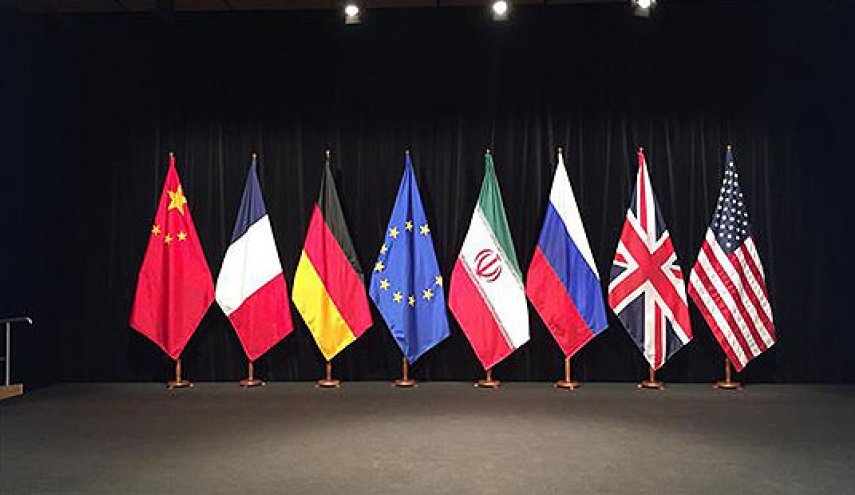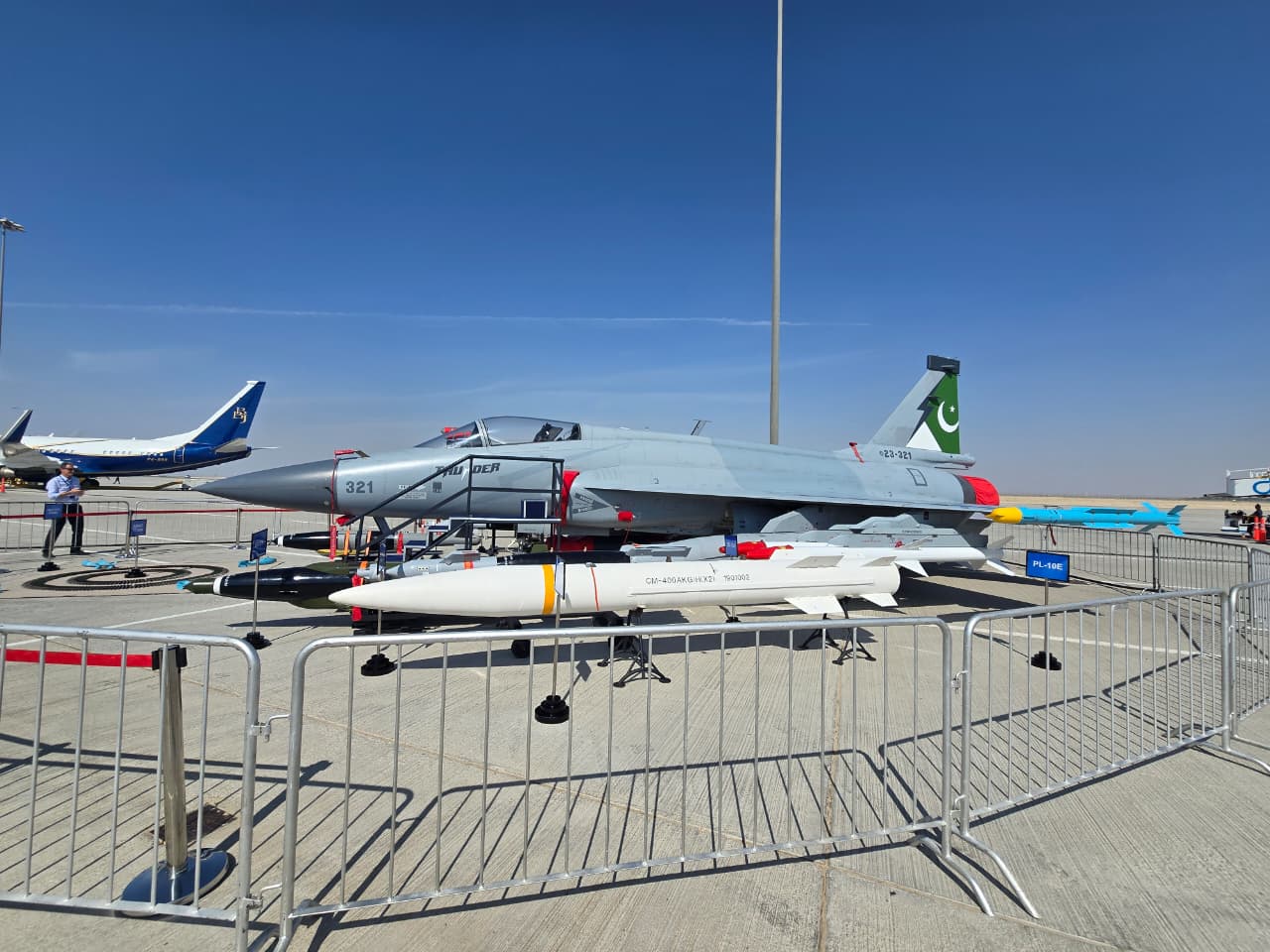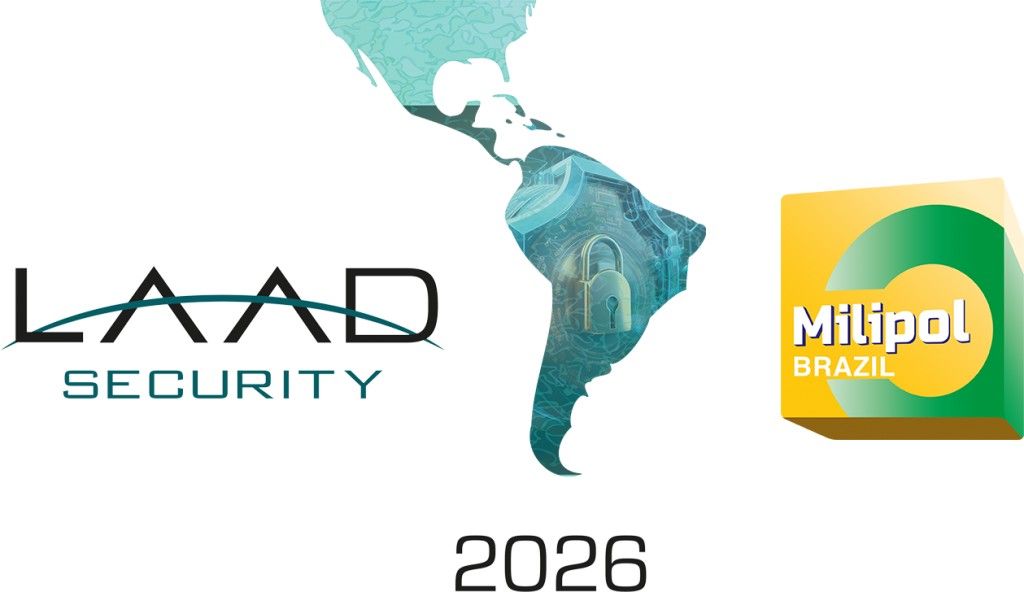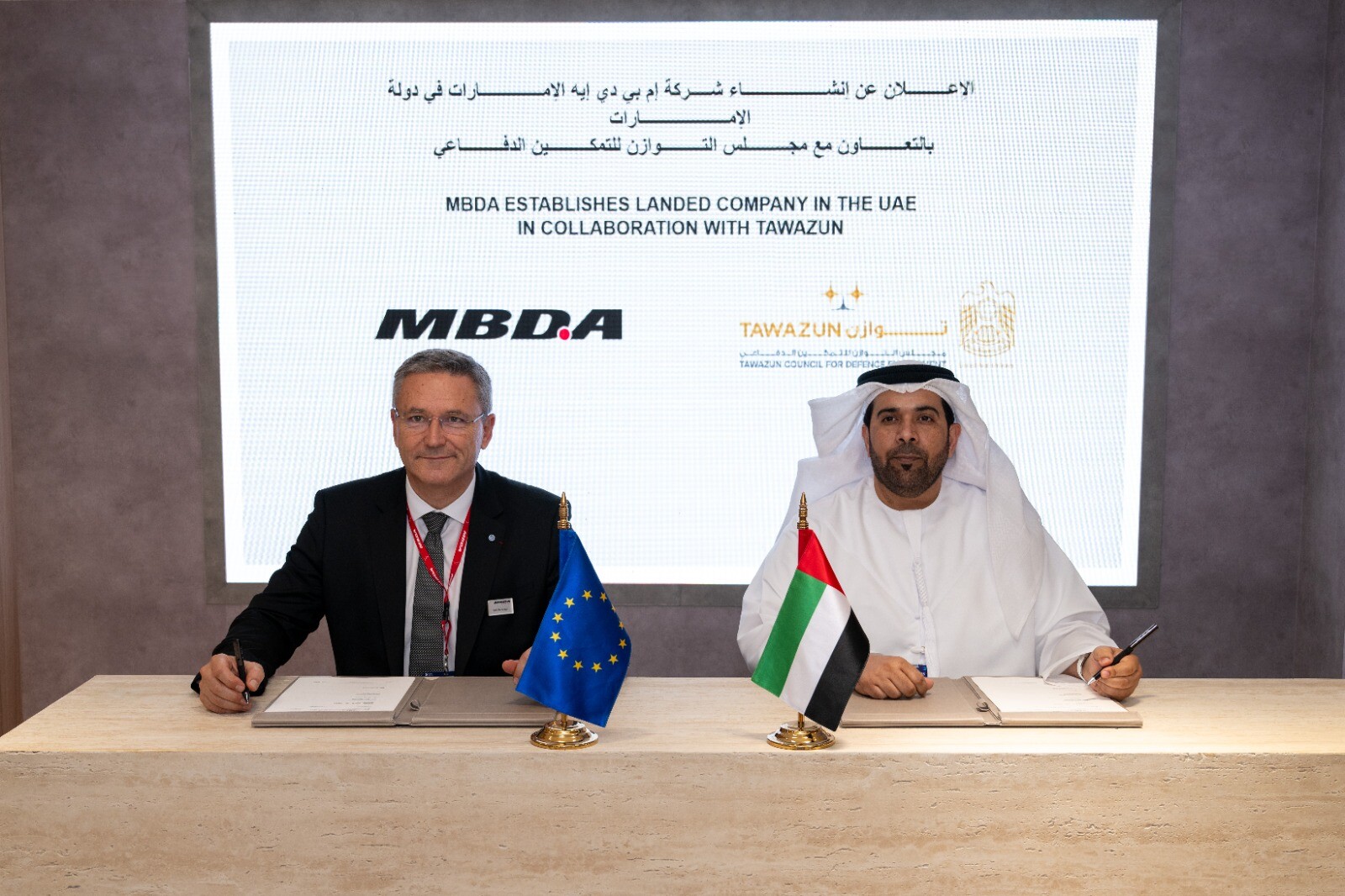According to records published in February 2021, Iran had fourteen times more stockpiles of enriched Uranium as compared to the times during Iran’s nuclear deal. It can be concluded that Trump’s decision to withdraw from JCPOA not only bolstered Iran’s nuclear program but also provided a moral ground for the country to intensify its nuclear facilities and reactors. The newly elected President Biden was welcomed by a mess created largely by the former president. Biden gestured to revive the deal after taking the seat but the response from Iran has not been encouraging. Given the complicated dilemma, the future of the Iran nuclear deal seems uncertain. The prevailing question to answer now is “What is the way forward for the Iran nuclear deal after both the countries have new presidents in office”?
The United States officially announced its withdrawal from the Iran Nuclear Deal on 8th May 2018 as President Trump called the deal “a horrible one-sided deal that should never, ever been made”. The European powers had a chilly response to the decision as they declared it unilateral and undiscussed. The negotiating states shared the United States concerns about Iran’s support to proxies including Hezbollah and its expanding ballistic missile programs, but they were skeptical about the decision of undermining a major nuclear deal that was supported throughout the globe and had played a major role in limiting Iran’s nuclear program. The decision was not only faulted by the European states rather his successor, President Biden recently told a press conference in Rome that the United States is still suffering from the very bad decision of Trump to pull out from the deal. The new administration of in Washington has signaled positively in resigning the deal but the talks are turning out to be tougher. At the same time, the assassination of General Qasem Soleimani and the followed escalations had serious effects on the already hostile relations of the United States and Iran. As a hardline new leadership has emerged in Iran, the country has once again started enriching Uranium above the recommended level and has been acting aggressively in the Middle East. In April 2021, the six powers including Germany, China, Russia, France, and the United Kingdom including the indirect involvement of the United States began to renegotiate the Iran Nuclear Deal, but the efforts were halted in June after Raisi’s administration took control. The newly elected president is expected to be rigid and tough to deal with. However, on 3rd November, the Deputy Foreign Minister of Iran said that the negotiations will resume on 29th November in Vienna to discuss the deal.
Although both parties have shown interest in continuing the deal, complicated differences and dilemmas lie ahead. Raisi’s administration has pointed out that it is not ready to resume the talks from the point where they were halted during the governance of President Rouhani. The Foreign Minister of Iran recently commented “We don’t want to enter the Vienna negotiations from the deadlock point of the Vienna negotiations”. It seems that Iran aims to lift all the sanctions imposed by President Trump after withdrawing from the treaty in 2018. The country does not only intend to relax from the sanctions on the nuclear file rather the new administration argues that the deal must not cover the ballistic missile program and other policies of Iran. On the other hand, there is an ongoing debate in Biden’s administration about the future of JCPOA. Some of the officials indicated that the United States is willing to negotiate on the original deal as of 2015 if the hardline leadership in Tehran compromises in some points. In contrast, some sources claim that the United States and its allies are ready to impose harsher sanctions on Iran as the country is enhancing its nuclear weapons program. As the country races to develop nuclear weapons, the United States would enforce an unbearable cost on Iran for not complying with the original accord. In response to a question about reacting to a possible Iranian provocation, President Biden answered to retaliate without any hesitation. The future of the nuclear deal would only be predictable after the planned talks on 29th November in Vienna.
For the talks to succeed, both sides must focus on certain common grounds and put aside the harsh differences. It is need of the hour that the binding parties may compromise some of their interests for a nuclear weapons’ free region of the Middle East. The United States and its allies should lose some of the harsh sanctions which are imposed on Iran’s economy for decades. In the same way, the best policy for Iran to follow would be to reduce the pace of Uranium enrichment. Lack of trust and cooperation at this time could only lead to escalation as witnessed in the past. As a superpower, the United States needs to extend its hand first so Iran would get the confidence to deal without hesitation. Hence, by coordination and mutual trust, the two sides can agree upon the same grounds which seems extremely complicated without welcoming gestures.
To conclude, Iran has increased Uranium enrichment to higher levels since Trump’s decision to withdraw from the Iran Nuclear Deal. The possibilities of Iran laying hands on nuclear weapons are extremely high today as compared to the time during the accord. However, President Biden showed determination to renegotiate the deal which is hindered by the hardline administration of Iran. The talks in Vienna will continue soon and the best way to negotiate on the deal seems to be through cooperation and compromises. Both the sides need to focus on the common ground and put aside their differences for a peaceful and stable the Middle East. The future of JCPOA is complicated, uncertain, and unpredictable at the moment but mutual trust and cooperation can influence positively.
Table of Contents
ToggleAuthor:
Daniyal Wali is a student of Strategic Studies at National Defense University.
- Global Defense Insighthttps://defensetalks.com/author/umair/
- Global Defense Insighthttps://defensetalks.com/author/umair/
- Global Defense Insighthttps://defensetalks.com/author/umair/
- Global Defense Insighthttps://defensetalks.com/author/umair/











